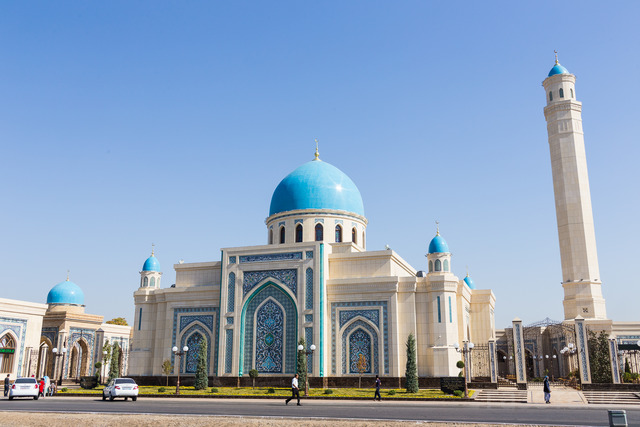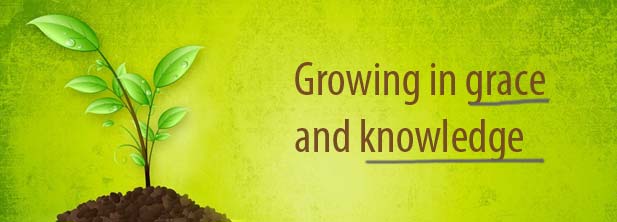A Believer’s Good Deeds

According to Muslims’ belief, both good and evil were created by Allah; but this does not award believers with a license to be engaged in evil deeds. On the contrary, the Quran specifically lists out good deeds and those that are evil for believers to make the rational choice between the two.
Although specific prohibitions may sound restrictive to a non-Muslim, believers know that the guidelines in the Quran were tailored with the human being’s best interest at heart.
Performing good deeds is the believer’s way of proving purification of his heart to Allah. It is inexcusable for a person to insist that he or she is a good person but engages in activities that are explicitly prohibited in the Quran.
Performing good deeds should also be for the sake of Allah; it’s not to demonstrate some air of superiority in one’s relation to others or for worldly recognition.
Though it may be tempting to do the same to please another human being for example, a believer’s intentions should be tailored to please Almighty Allah only.
Rewards vs. Punishments
Allah reminds us that though some good deeds may seem minute or mundane as compared to achievements of other people, the weight of the deed falls under His judgment; only Allah will eventually bestow rewards or punishments upon us.
Although all these awards are applauded in Islam, as long as the achievements do not contradict Islamic principles, there is a more important “award chart” awaiting Muslims, which really does measure one’s success as a Muslim.
This chart is a record of a believer’s good deeds or a ledger known in Arabic as the “Illiyin”.
Imagine being communicated the good news of a peaceful abode of eternity, full of rewards and replenishment of whims and fancies. Imagine a report card that could determine the demise of hardship, obstacles and challenges. And imagine receiving the “Illiyin”, accompanying Prophet Muhammad (peace be upon him) and his companions.
The suite of good deeds knows no horizons. It ranges from a smile to brighten another person’s day to honoring a contract to waking up at an unearthly hour to prostrate to the Lord.
How to Keep up with Good Deeds
The best way for a believer to keep up with good deeds is to continuously read the Quran. The Quran does not only list out the myriads of good deeds that Allah loves; but it provides ample opportunity to ponder and reflect on one’s plight as a Muslim.
Quran in itself is a blessing as it cleanses the heart from evil; it solidifies a strong relationship with Allah. The more the Quran there is in one’s heart, the less likely is the Muslim to stray the Islamic way of life.
Scholars have said that good deeds blot out sins and evil acts.
This is the same with a believer who is full of good intentions and is ever-enthused to engage in good. Allah – through the metaphorical rain – will continue to cleanse him or her through His guidance.
To be a good Muslim, one has to be brutally honest with oneself.
A believer who is full of good deeds is well-nourished because he or she recognizes the rights of his or her body, mind, friends and heart over himself or herself and will strive to lead a positive life.
A believer may reflect: Do I constantly seek to help others? Do I provide strong support for my brothers and sisters? And do I provide shade for those who are in need?
A believer full of good deeds will utilize all of his or her knowledge and strength to continuously help others.
The underlying message is:
Believers who do good deeds are like the blessed date palm tree. Enjoy the cleansing of rain, like the street with a rainbow. Have your faith flourished the positive force that changes the environment for the better. And most of all, let that ever telling report card be with scrolls and scrolls of good deeds for the sake of Allah.
Source: Aboutislam





























